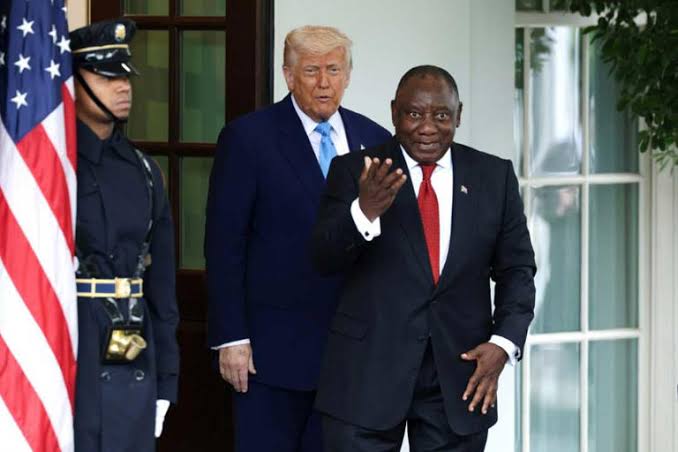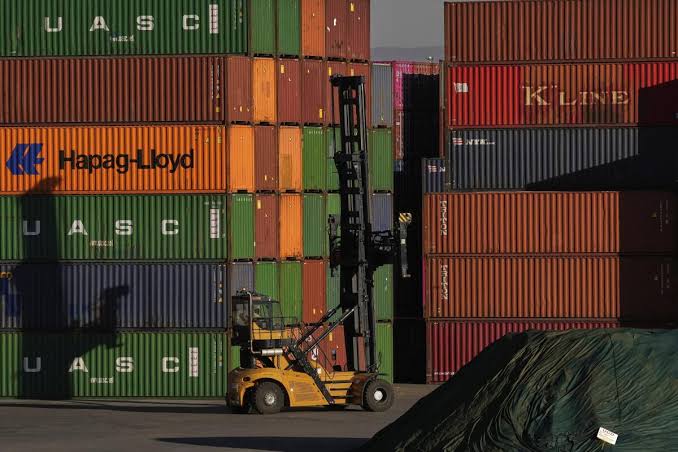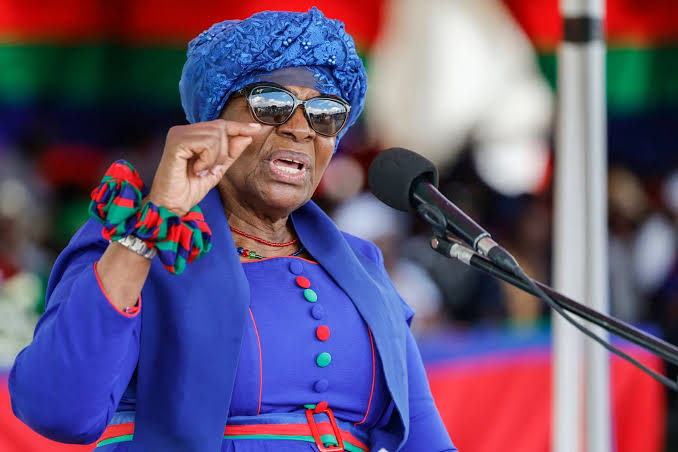
Faith Nyasuguta
South African officials have raised alarm over looming 30 percent tariffs imposed by the United States, warning that the steep trade barriers could cost the country up to 30,000 jobs. The tariffs, set to take effect on August 8, follow an executive order signed by U.S. President Donald Trump after South Africa failed to meet a deal deadline set for August 1.
Simphiwe Hamilton, Director-General at South Africa’s Department of Trade, Industry and Competition, said the estimate was drawn from consultations across several key sectors likely to be impacted, including agriculture and the automotive industry. “At this stage, we are sitting at approximately 30,000 jobs that could be affected by this, if it were to be mismanaged in any manner,” Hamilton warned during a press briefing.
South Africa’s export sector is already under strain, and the new U.S. tariffs are expected to make things worse. The United States is South Africa’s third-largest trading partner, accounting for 7.5 percent of total exports. Only China and the European Union take in more South African goods. The industries most exposed to the tariffs – agriculture and automotive – are crucial for jobs, exports, and economic stability.

The country’s situation is especially precarious given its already high unemployment rate. According to Statistics South Africa, the jobless rate stood at 32.9 percent in the first quarter of 2025, one of the highest in the world. Among young people, unemployment has surpassed 46 percent. Economic experts warn that the additional burden of tariffs could push vulnerable sectors to cut jobs, reduce output, or collapse altogether.
To cushion the blow, the South African government is rolling out a multi-pronged response. A key part of the plan is the creation of an Export Support Desk, designed to help businesses diversify and explore markets in Asia, the Middle East, and other parts of Africa. There are also plans to introduce a “block exemption” under the Competition Act that would allow exporters to collaborate more efficiently without running afoul of antitrust laws. This measure is expected to be finalized within days.
The government is also offering financial support for affected companies, including working capital loans and funding for new export equipment. Additionally, the Unemployment Insurance Fund will be used to support workers whose jobs are lost or threatened as a direct result of the tariffs.
Pretoria is also continuing diplomatic efforts to reverse or reduce the tariff rates. President Cyril Ramaphosa’s administration maintains that South Africa’s trade relationship with the U.S. is non-threatening and mutually beneficial. South Africa has proposed a number of alternative trade arrangements to Washington, including increased imports of American liquefied natural gas and expanded cooperation in sectors like mining and manufacturing. However, these proposals have so far failed to sway U.S. negotiators.
In the meantime, opposition leaders and business organizations are urging the government to establish a national trade crisis committee to coordinate policy, finance, and private sector responses to the looming disruption.
While the full impact of the tariffs will take time to materialize, one thing is clear: thousands of South African jobs hang in the balance. As the August 8 implementation date nears, the pressure is mounting on policymakers to act swiftly and decisively to protect the country’s economy from what could be a devastating blow.
RELATED:








